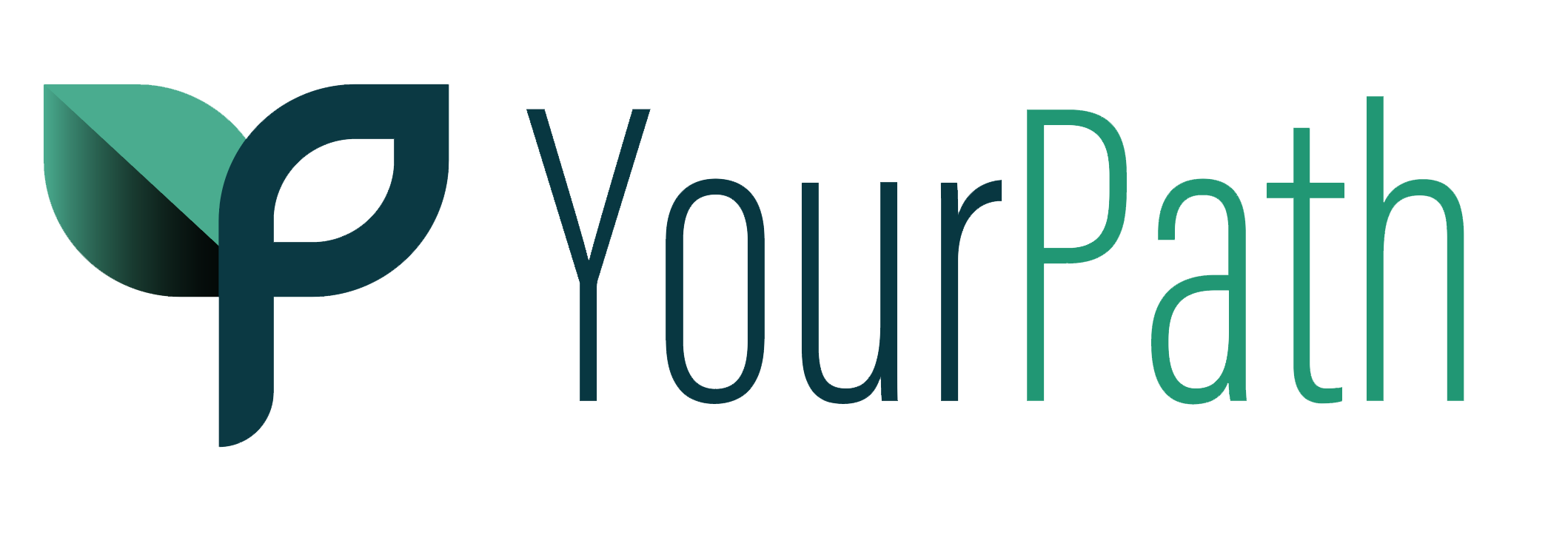Taking aim at peer supports
Peer support services are sitting ducks.
We tend not to play nice with people who have a stranglehold on the system of care that treats us so poorly. Our refusal places us at risk. I believe we are one of the few constituencies that has the back to tell the truth when it is inconvenient, placing us directly at odds with those forces that maintain an unacceptable status quo.
We have some work to do to best protect ourselves from their attacks.
Like any services related to SUD, there are huge problems with inconsistency of quality. Like all treatments, there are massive issues with education and licensing. Like all of healthcare, there are issues of dishonest providers and profit-driven scams. Like all recovery services, there are issues with stigma, especially as it relates to medications for opioid use disorder (MOUD).
However, unlike the other pieces of our service systems, peer supports tend to be defenseless when it comes to systems-level attacks.
Over the past couple weeks, I’ve seen some statements and approaches that — if directed toward our broken medical and behavioral health providers — would have resulted in a dramatic conflict. But peers are fair game.
I am not arguing that consistency, quality, or oversight in the peer space isn’t important. Quite the opposite! What I am arguing is that any attempts at these efforts be consistent with the approaches taken with the more well-represented, entrenched, and powerful interests in the behavioral health and medical community. It feels intellectually dishonest. It feels like punching down. It feels like a natural reaction by the powerful toward the powerless.
Peer supports are subject to more stigma, discrimination, colonization and judgment than any of the other approaches to the treatment of substance use disorder.
My first example comes from my home state, Minnesota. Our State Opioid Response RFP was recently released, and there are many buckets of money earmarked for many different efforts. However, when it comes to a reminder of “funder of last resort” language, especially during our Department of Human Services webinar, the focus was explicitly placed on peer supports. A participant questioned why this doesn’t seem to apply to the large sums of money that were to be directed to emergency-department MOUD induction efforts, which are entirely reimbursable and able to be implemented by all providers, even those without an X-waiver in the emergent setting. They can offer people 3-day supplies, today. With no changes, no funding, no training, no nothing.
I have a feeling why this is the case…
Example number two from a SAMHSA official on a random LinkedIn article on the incredible power of peer support.
This statement, while in no way technically inaccurate or controversial, is a wonderful example of concern trolling. It is also a really solid example of whataboutism and a decent example of the strawman fallacy.
“Yes, peer supports are important”… Good start! Milquetoast. Universally-supported. I’m in.
”But, it cannot be replaced as treatment by licensed professionals”… OK. Weird. Nobody is saying this, but continue.
“We have seen where programs pay PS lower rates and use their supports as treatment rather than hiring the licensed professionals for the treatment.” Well, that seems like a bad thing for the non-peer-professionals to do. Shame on those non-peers! I hope they are subject to a licensing body that ensures quality of care for behavioral health professionals.
“That is an area that needs to be highly monitored and regulated in licensed treatment programs.” Yeah, we said that. Also, this has nothing to do with peers then? Cool.
You might be saying to yourself, “why is this dude being so pedantic about this one random comment on the internet?” That is a fair question, and one that my friends and family likely share with you.
My experience is that professionals, those who have the ability to affect change in our systems, and most of all, administrators and policy-makers, are capable of convincing themselves that their concern trolling is intellectually honest. It isn’t. They may be unaware that they are even doing this, but their questions are not the honest work of somebody “just asking.” They are often people who intuitively understand that questioning this flavor of support is far more palatable than questioning say, payors, or the federal government.
They have often internalized the unspoken belief that peer-delivered services present an existential threat to clinical and medical behavioral health providers.
And, this is the problem. Our industry is in desperate need of change and innovation, and despite this being embraced — at least superficially — by just about everyone, the only people advocating for real change are subject to the rhetorical firing squad. The only professionals in our entire system who affect cultural shifts by their mere presence are constantly asked to prove their worth.
It’s not right. It’s not fair. And, it won’t stop our field from being turned on its head by those reaching for something better.

